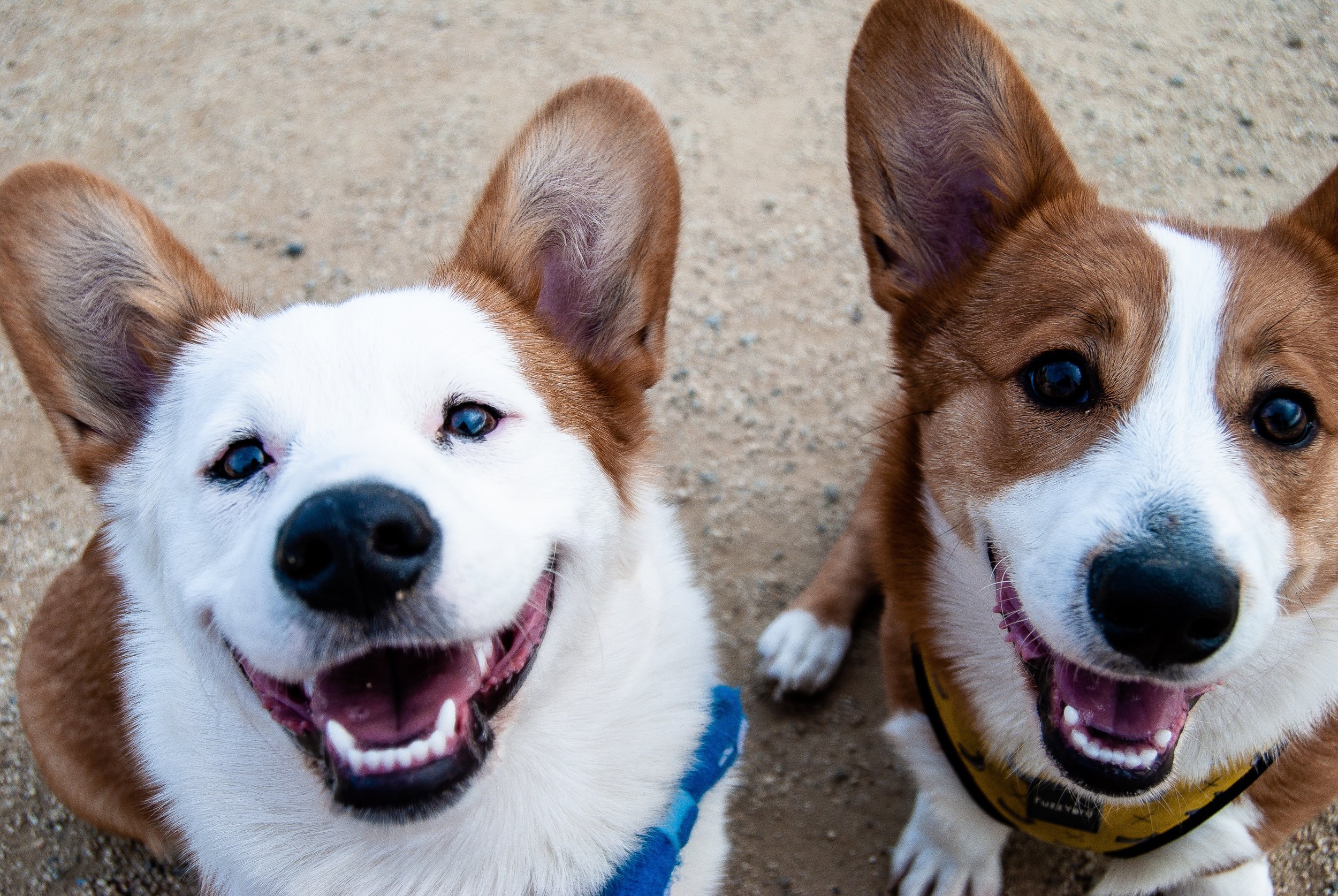Dental Care for Dogs: The Ultimate Guide
Here at Vetli, we are big fans of a great smile, so here is your ultimate guide to canine dental care.
Your dog's dental health is a crucial aspect of their overall health. Neglecting their oral hygiene can lead to various dental issues, including tooth decay, gum disease and even systemic health problems which can have serious implications on organs such as the heart and kidneys.
Just like humans, dogs require regular dental care to maintain a healthy and radiant set of chompers. In this article, we will explore the best ways to take care of your dog's teeth to ensure they enjoy a lifetime of good oral health.
Regular Brushing:
This is the gold standard. If you don’t do anything else, make sure to do this one. The most effective way to maintain your dog's dental health is through regular brushing. Aim to brush your dog's teeth at least two to three times a week, ideally daily. Use a toothbrush designed for dogs and toothpaste specially formulated for them. Remember to be very patient and gentle when introducing brushing to your dog, as it may take some time for them to get used to the process (and never use human toothpaste as it can be harmful when ingested).
Dental Chews and Toys:
Providing your dog with dental chews and toys can be an enjoyable way to keep their teeth clean. These items are designed to help remove plaque and tartar buildup as your dog chews on them. They don’t take the place of regular brushing but have a postiive contribution and dogs love them.
Professional Dental Cleanings:
Regular professional dental cleanings by a veterinarian are essential for your dog's oral health and for the health and welfare of your pet, should be carried out under a general anaesthetic. Veterinarians have the tools and expertise to clean your dog's teeth thoroughly, including below the gumline where many dental issues begin. Your veterinary clinic may also take dental x-rays to check that there is no underlying issues beneath the gumline. Depending on your dog's needs, your veterinarian may recommend annual or bi-annual cleanings.
Dental Diets:
Dental diets are specially formulated dog foods that promote dental health. These diets often have a unique kibble shape or texture that helps clean teeth as your dog chews and can also change the pH in the mouth slightly to reduce the amount of bacteria. Would you like to determine if a dental diet is suitable for your dog and which brands are veterinary recommended? Book an appointment and speak to one of our veterinarians.
Mouth Examinations:
Regularly examine your dog's mouth for any signs of dental problems. Look for symptoms such as bad breath, swollen or bleeding gums, loose or broken teeth or excessive drooling. Catching dental issues early can prevent them from progressing into more severe problems.
Proper Nutrition:
A balanced diet plays a crucial role in maintaining your dog's dental health. High-quality dog food that meets your dog's nutritional needs can help support healthy teeth and gums. Avoid feeding your dog table scraps, as some human foods can be harmful to their dental health.
Water Additives:
Some water additives are designed to promote dental health by reducing plaque and tartar buildup. These additives can be a convenient addition to your dog's oral care routine, but always consult with your veterinarian before using them to ensure they are appropriate for your pet.
Taking care of your dog's teeth is an essential aspect of responsible pet ownership. By following these tips and incorporating good dental care practices into your dog's daily routine, you can help ensure they enjoy strong, healthy teeth and gums throughout their life. Remember that regular check-ups with your veterinarian are crucial for addressing any dental issues early and maintaining your dog's overall health.
Need a dental check for your dog or cat?
Book a video appointment to chat with one of our vets.
Medically reviewed by Dr. Kirra Balmanno

